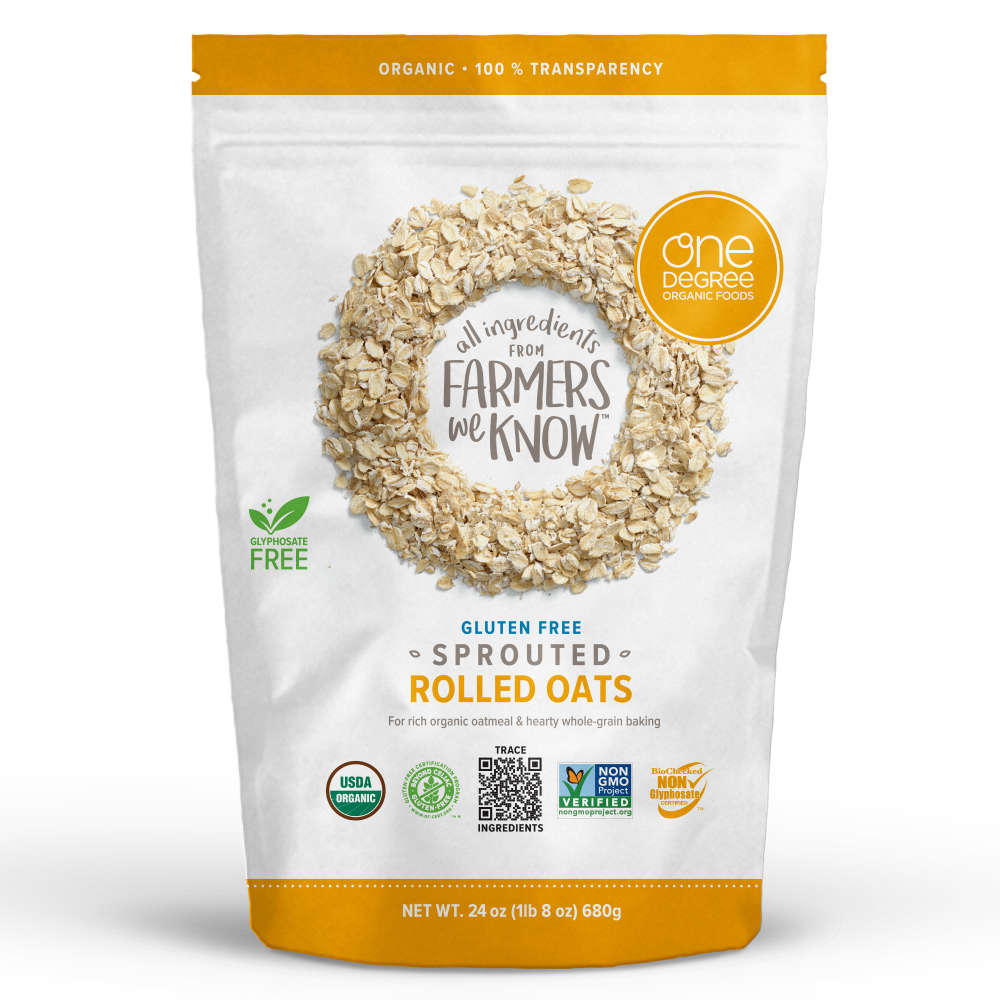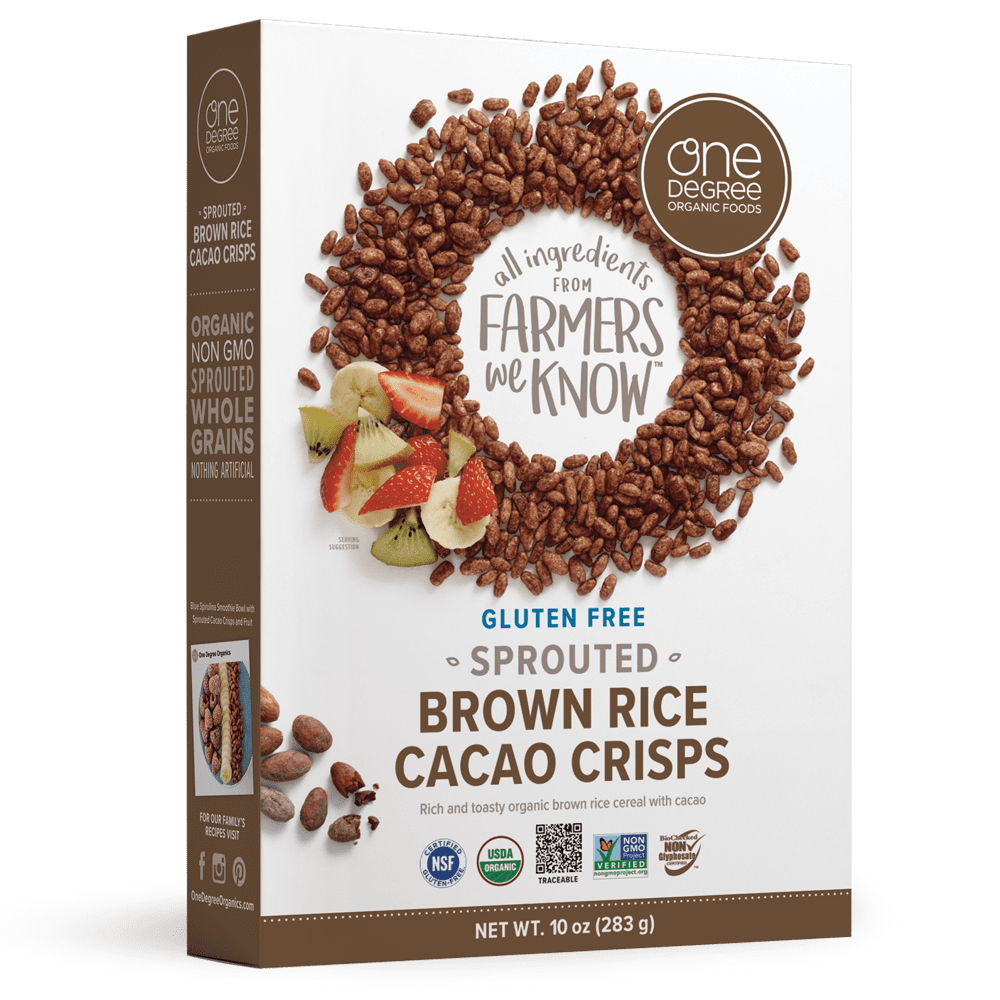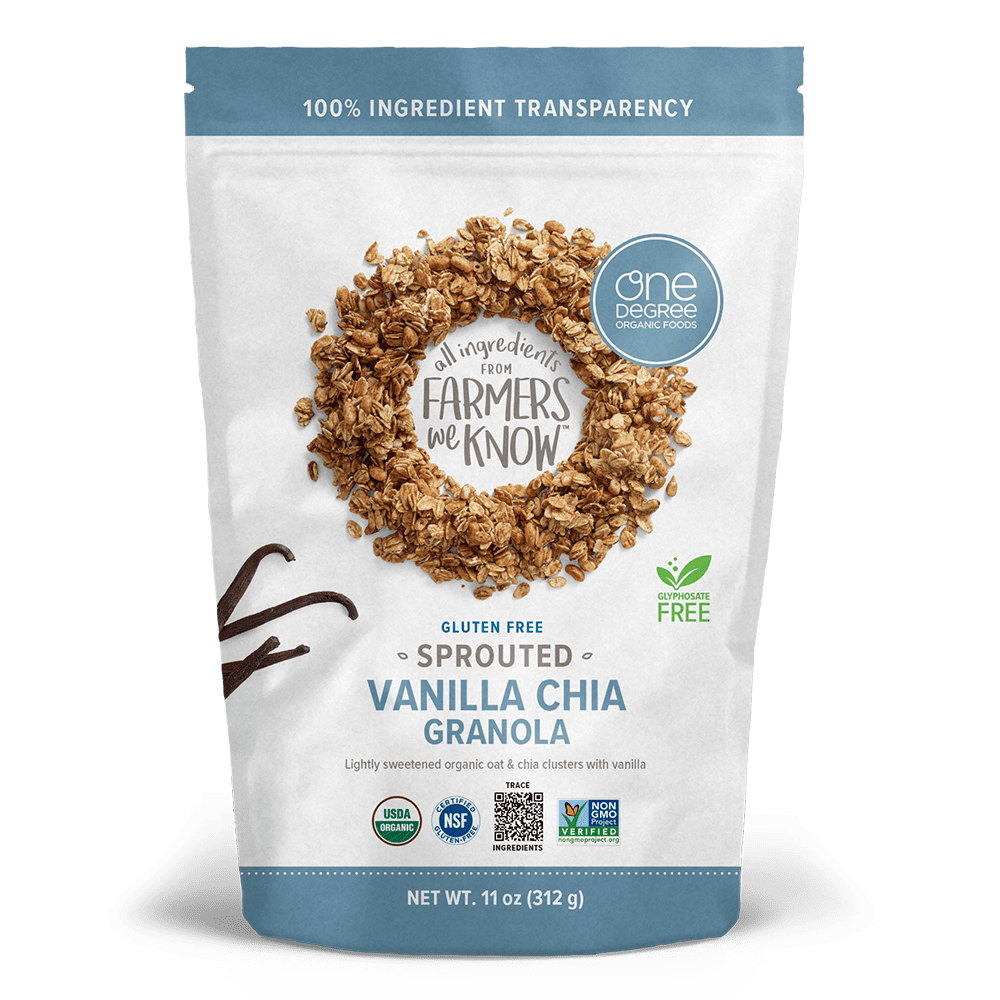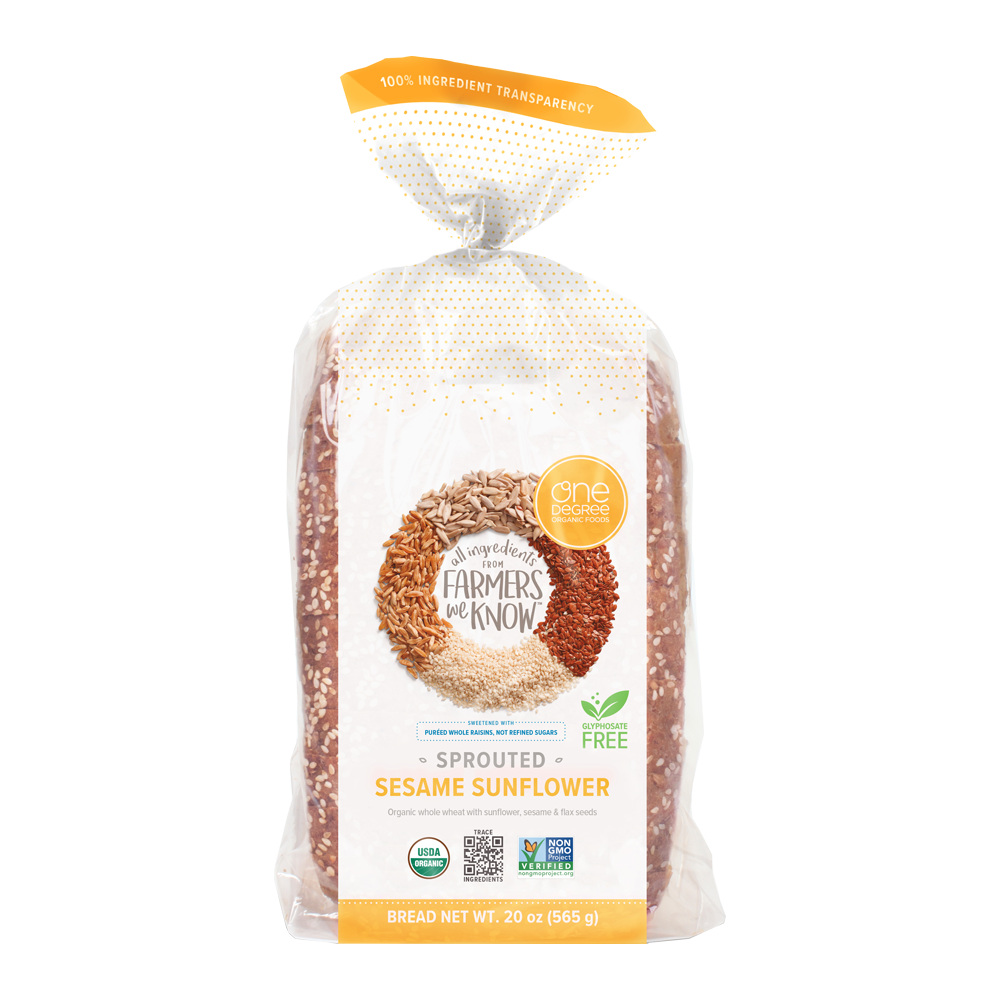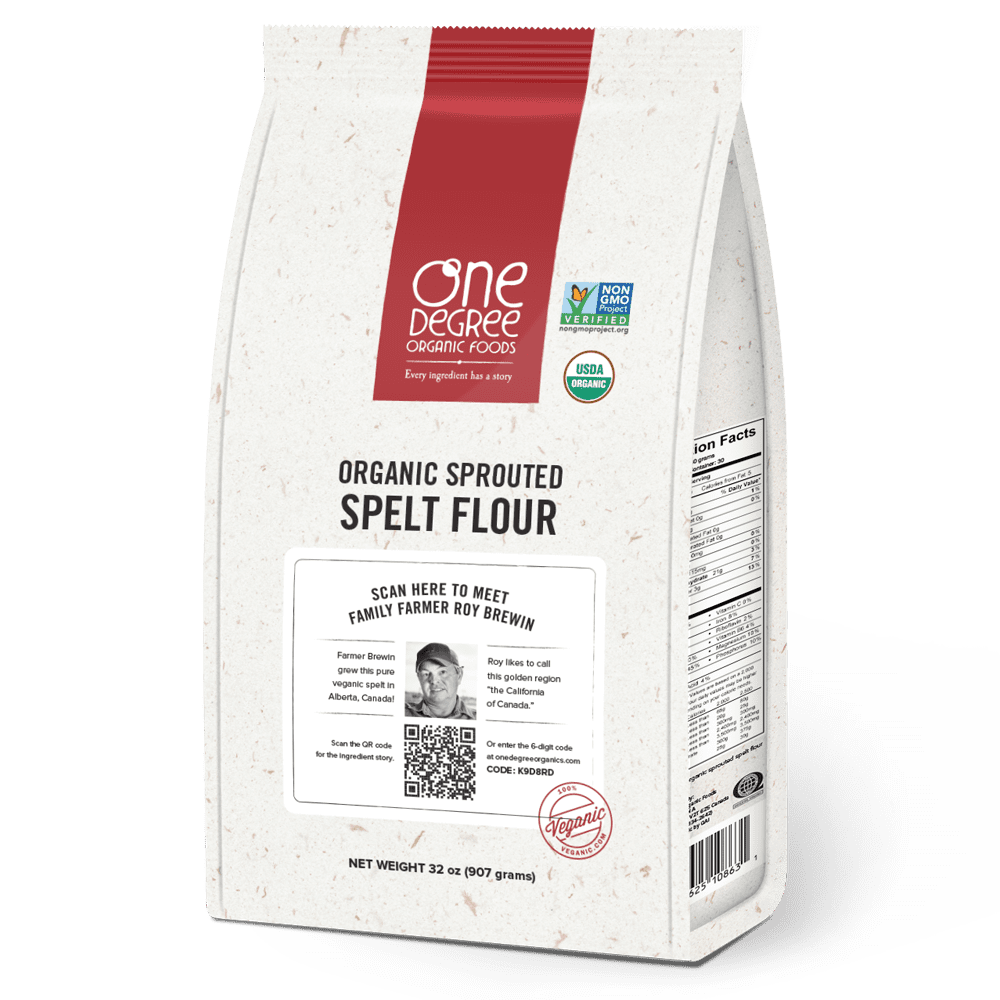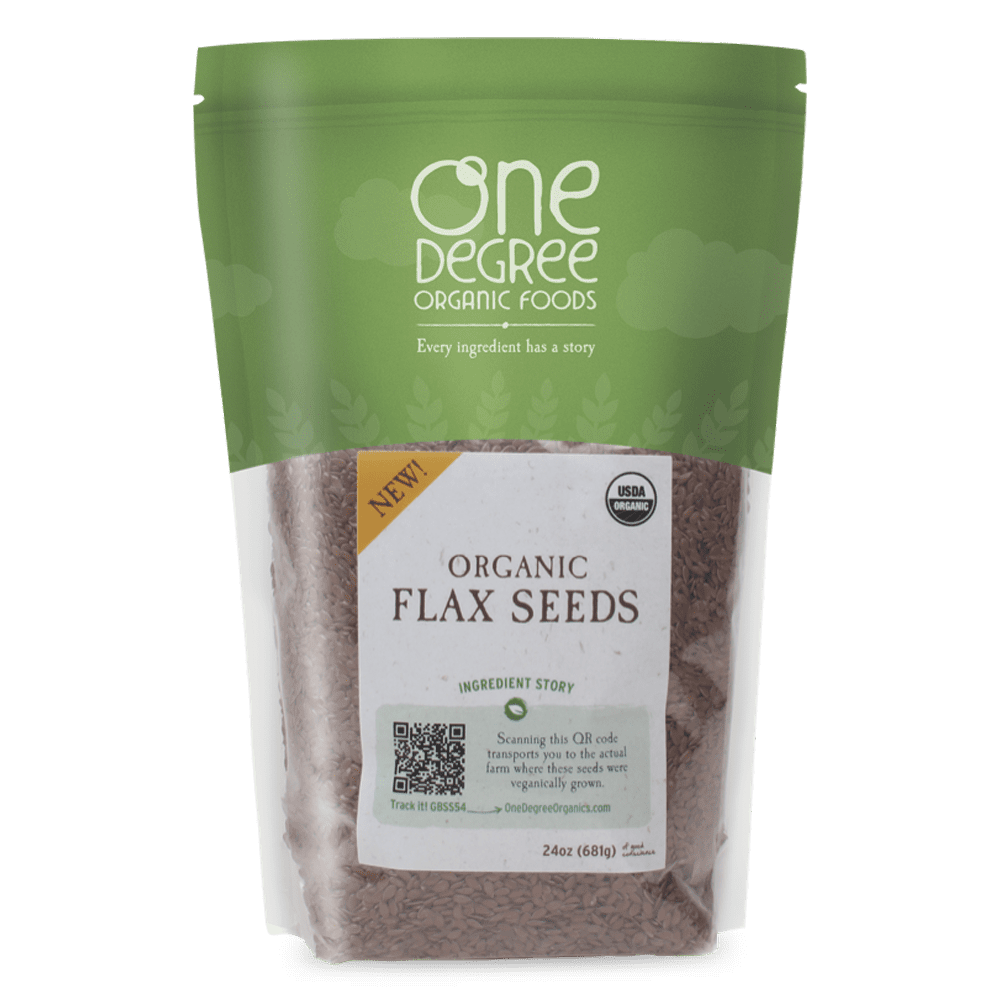Hibiscus
Pavitramenthe
On the fertile, sub-tropical Indo-Gangetic plains of Uttar Pradesh in northern India, an extraordinary story began with one farmer fresh out of university. In India’s most populous state—where farming is the leading occupation—Nihal Singh was born a farmer.
When he completed his Bachelor of Science in Agriculture and he started farming on his own land in 2004, Nihal Singh’s path to using organic agricultural practices was already set. Growing up in a farming family, he watched his father using conventional chemical farming practices. That experience with chemical farming on his father’s farm changed his outlook—at a large scale, he saw that approach was harmful to the productivity of the land, to human health, and to nature.
Feeling bad about the environmental impact chemical farming was making, Mr. Singh searched for alternative ways to farm that could heal the environment and provide healthy food at the same time. Although he faced many challenges as he navigated the learning curve of organic agriculture on his own farm, the solutions he found on along the way deepened his commitment to regenerative organic practices. So he set out to motivate other farmers to join him.
Pavitramenthe: Regenerative Organic Farming, Fair For Life
After nine years of organic farming and consulting with organic cultivation projects, Nihal Singh’s vision—”Together we will heal the Earth socially, economically and environmentally”—drove him to do more.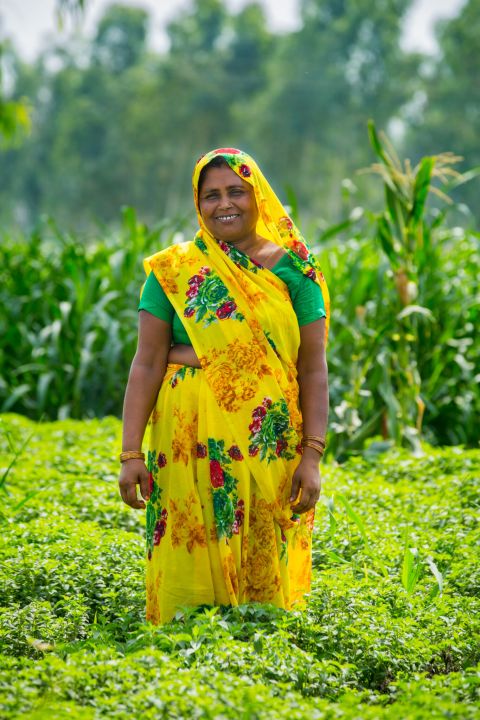
In 2015, he started implementing organic practices with 301 smallholder farmers, a project that eventually became Pavitramenthe Fair Organic. Today, Pavitramenthe has more than 2,600 registered smallholder farmers—all practicing regenerative organic farming.
What is regenerative organic farming—and why is it important to Pavitramenthe? Decades of intensive chemical farming have diminished nutrients from the once-fertile soil of Uttar Pradesh’s agricultural land. Regenerative organic farming uses plant-based organic practices to help rebuild organic matter in the soil naturally, without chemicals or synthetic fertilizers.
The smallholder farmers of Pavitramenthe use plant-based compost and mulching, crop rotation with nitrogen-fixing plants, cover crops, and conservation tillage to add nutrients back to the soil and help their crops thrive.
But for Nihal Singh and his vision for Pavitramenthe, it’s not enough to ask his smallholder farmers to commit to regenerative organic farming for the health of the planet.
He believes growing healthy food depends on the connection between how we treat the Earth and how we treat the people who farm the food we want to eat. Healthy, happy people are part of the sustainability equation.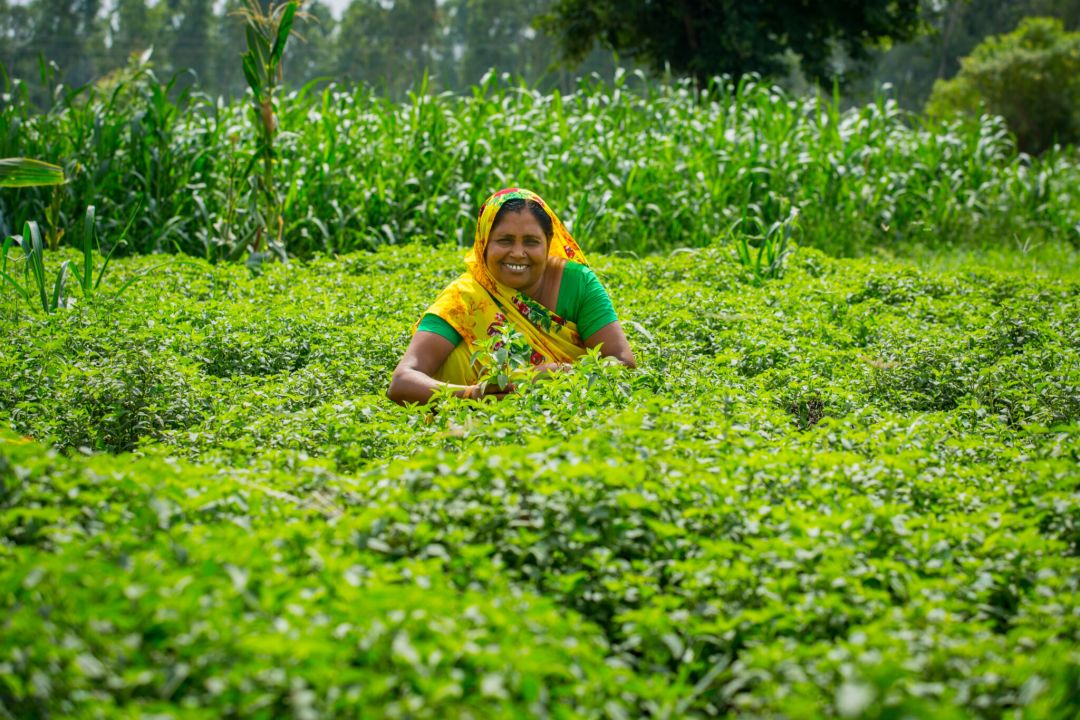
That’s why all Pavitramenthe products—including hibiscus petals—are Fair for Life certified. This goes far beyond ensuring the farmer members Pavithramenthe works with get a fair price for their crops—it’s also about investing in social and environmental welfare projects that empower and uplift the social and economic status of the marginalized communities they live in.
To this end, Pavithramenthe’s Fair For Life certified program includes:
• Community medical services for over 10,000 families
• Dental hygiene education for children
• Skills development for women and youth
• Women’s empowerment programs (including small business support)
• Menstruation hygiene awareness education for women and girls and distribution of reusable and biodegradable sanitary napkins
• Community support during the COVID-19 pandemic lockdown and 2021 floods through the distribution of essentials kits and food
• Installation of deep bore-well handpumps to access clean drinking water
• Hygiene education and support for toilet construction in farmers’ houses
• Composting support for farmers through subsidized pricing, agricultural equipment, and training
And other community welfare programs and supports that make a real difference in the communities where Pavitramenthe’s smallholder farmers and their families live.
About Organic Hibiscus Petals
Although the early steps of Nihal Singh’s organic farming journey were focused on cultivating organic mint, today Pavitramenthe produces many regenerative organic crops—including the hibiscus petals we use in One Degree Organics Coconut Hibiscus Tea-Infused Granola.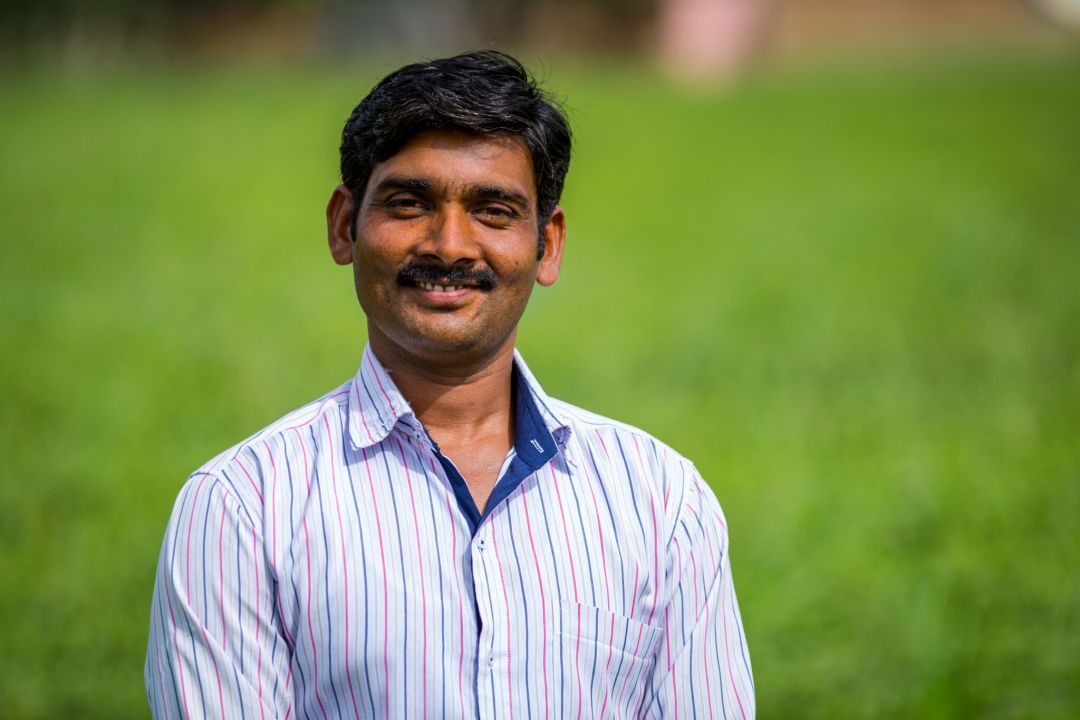
Whether hibiscus originated in Asia or Africa is uncertain, but the popularity of this refreshingly bright, ruby red infusion couldn’t be clearer—hibiscus tea is a joy that has spanned global cultures and cuisines for centuries.
From Africa to India, from Latin America to Southeast Asia and beyond, the beloved Hibiscus sabdariffa flower goes by almost as many names as there are languages to love it in: roselle, Jamaica flower (flor de Jamaica), red sorrell (or Indian sorrel), Florida cranberry (a nod to how some describe its flavor), and more. Whatever name this sweet flower goes by, there’s a world of reasons to celebrate hibiscus!
Although the whole plant is edible, the tart, fruity flavor of hibiscus flower adds a delightful cranberry-like zing to hot and cold teas, jams, jellies, and too many dessert recipes to count.
But the vibrant crimson color of hibiscus is more than just the beauty of nature on glorious display. Hibiscus’s signature red comes from anthocyanins—a pretty pigment that packs an antioxidant punch. (One more reason to celebrate this prized culinary flower as an ingredient!)
We love the zesty contrast Pavithramenthe’s organic hibiscus petals add to the creamy coconut in our Coconut Hibiscus Tea-Infused Granola. And their commitment to regenerative organic practices and Fair For Life values make us proud to include them on our ingredient list.
